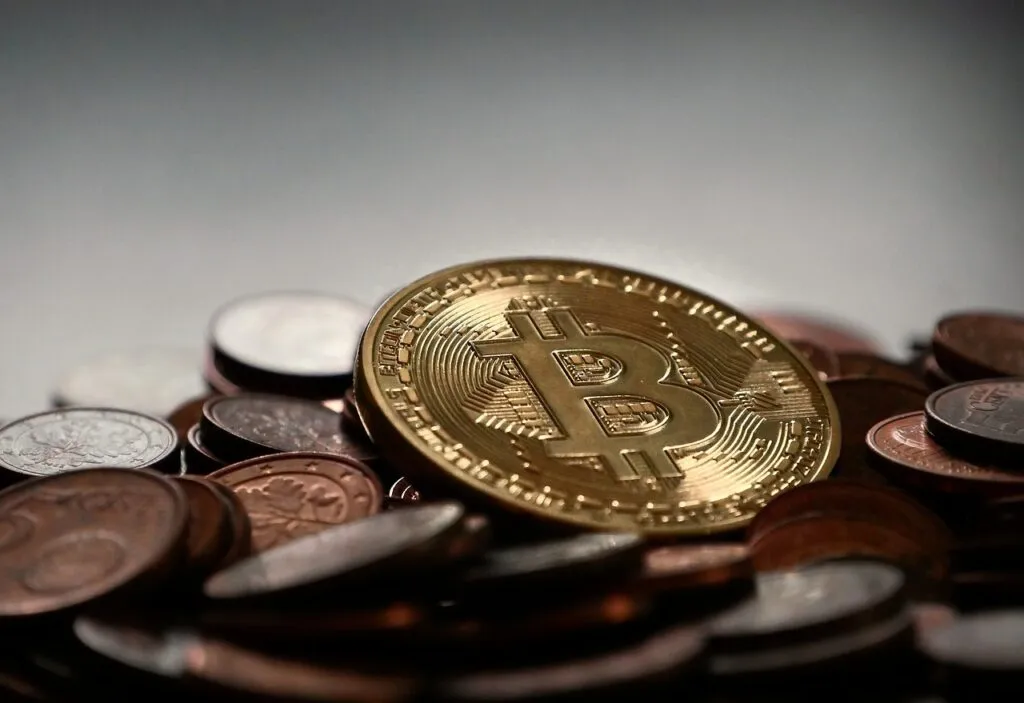Senator Cynthia Lummis is urging the United States to consider Bitcoin as part of its national reserves. With concerns over inflation, government spending, and the long-term stability of the US dollar, Lummis argues that Bitcoin could offer a new level of financial transparency.
The Case for Bitcoin in National Reserves
Senator Cynthia Lummis Advocates for Bitcoin
Economic Stability and Financial Transparency
Senator Cynthia Lummis is making waves in the world of finance by pushing for the United States to add Bitcoin to its national reserves. With growing concerns over inflation, excessive government spending, and the overall stability of the US dollar, Lummis believes that incorporating Bitcoin into the country’s financial strategy could bring a new level of transparency and security.
Bitcoin, a decentralized digital currency, has been gaining momentum in recent years as a viable alternative to traditional forms of money. Its finite supply and built-in resistance to inflation make it an attractive option for investors looking to hedge against economic uncertainty. Lummis argues that by holding Bitcoin in its reserves, the US government could potentially safeguard its wealth and provide a more transparent view of its financial holdings.
With the Federal Reserve continuing to print money at an unprecedented rate and concerns over the long-term value of the US dollar, the idea of diversifying national reserves with Bitcoin is becoming increasingly appealing to some policymakers. Lummis believes that incorporating Bitcoin into the equation could help protect against value erosion and promote greater financial stability for the country as a whole.
While the concept of incorporating Bitcoin into national reserves is still relatively new and untested, Senator Cynthia Lummis is leading the charge in advocating for its adoption. As the discussion around the role of digital currencies in traditional financial systems continues to evolve, the idea of Bitcoin as a national reserve asset may become a reality sooner than we think.
How Will This Affect Me?
As an individual, the incorporation of Bitcoin into national reserves could have a significant impact on your financial future. If Bitcoin were to become a more prominent part of the US financial system, it could potentially lead to increased adoption and acceptance of the digital currency in everyday transactions. This could provide you with more opportunities to use Bitcoin as a form of payment and investment, opening up new possibilities for financial growth and security.
How Will This Affect the World?
The incorporation of Bitcoin into the national reserves of the United States could have far-reaching implications for the global economy. As one of the largest economies in the world, the US setting a precedent by adding Bitcoin to its reserves could encourage other countries to follow suit. This could lead to greater acceptance of digital currencies on a global scale and potentially reshape the way that traditional financial systems operate. The increased use of Bitcoin in national reserves could also provide more stability and transparency to the international financial landscape, ushering in a new era of economic cooperation and innovation.
Conclusion
Senator Cynthia Lummis’s advocacy for incorporating Bitcoin into national reserves is sparking a new conversation around the future of finance. With the potential for increased transparency, security, and stability, the idea of adding Bitcoin to the US’s financial strategy is gaining momentum. As individuals and nations alike consider the implications of this shift, one thing is clear: the world of finance is evolving, and digital currencies like Bitcoin are poised to play a significant role in shaping its future.





